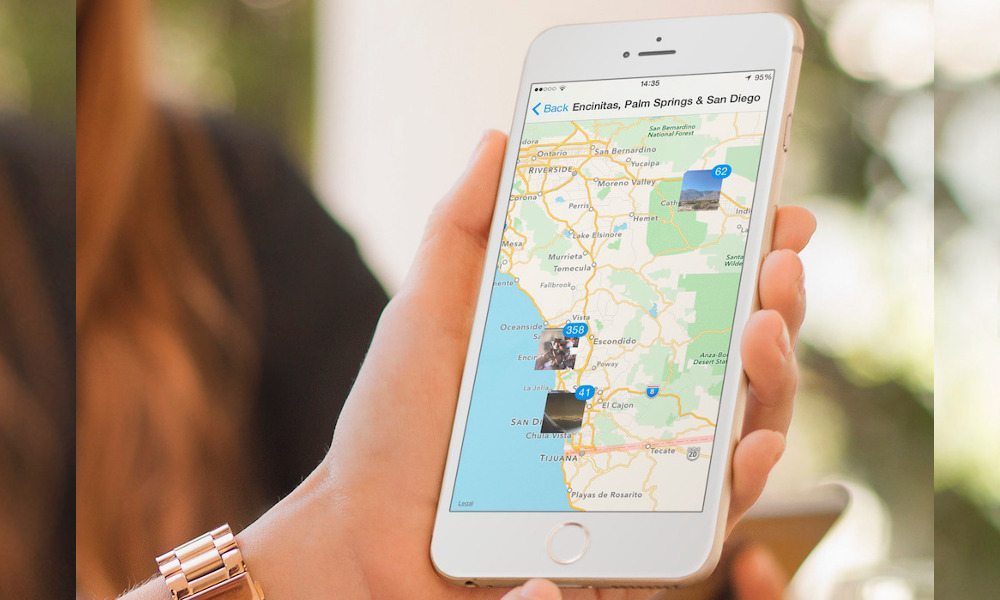Apple Speaks out Against User Data Searches without Warrant
 Credit: iDB
Credit: iDB
Toggle Dark Mode
A slew of tech companies, Apple included, are speaking out against warrantless police searches in a high-profile U.S. Supreme Court case. The case will likely turn out to be an important milestone and will decide on key privacy rights in the digital age.
The bevy of tech giants filed an amicus brief in the case, Carpenter v. United States, late Monday night. In the brief, the tech companies argued for protecting personal user data from warrantless searches by law enforcement officials. Besides Apple, some of the firms listed in the brief include Google, Microsoft, Facebook, Mozilla, Twitter, Verizon, Dropbox, Airbnb and Snap, Inc.
Timothy Carpenter, the defendant in the case, was arrested in 2011 and convicted of robbery, the Chicago Tribune reported. Prior to his arrest, authorities were able to obtain significant amounts of location data from cell phone companies without a warrant — which is a normal occurrence during a police investigation. Carpenter later appealed his case, but an appellate court ruled that the Fourth Amendment — which protects U.S. citizens from unreasonable search and seizure — doesn’t apply to this kind of user data and that no warrant is required for police to obtain it.
The case is now set to be heard by the U.S. Supreme Court, and Carpenter is being represented by the American Civil Liberties Union. The companies, for their part, collectively urged the court to “refine the application of certain Fourth Amendment doctrines to ensure that the law realistically engages with Internet-based technologies and with people’s expectations of privacy in their digital data.”
Tech firms have an interest in protecting user data since many of their services and products rely on user trust and the perception that their products are secure. This is especially true as privacy advocates are increasingly placing pressure on tech companies to keep confidential data private. Apple has famously adopted a pro-user privacy stance, which culminated when it wrestled with the FBI last year. The Cupertino tech giant refused to create an iOS backdoor that would allow investigators to crack an iPhone 5c belonging to one of the San Bernardino shooters. Despite increasing efforts to compel Apple to do so, the Department of Justice later dropped its efforts when it found another way to break into the device.
Carpenter v. United States will likely turn out to be a landmark case when it comes to privacy rights in the digital age. Tech companies store an increasing amount of personal and private information — data that “the government needs a good reason to get its hand on it,” the ACLU wrote. More than anything else, the case cements the fact that privacy laws haven’t caught up with technological advancement, and as more and more of our data is entrusted with tech firms, it’s incredibly important that they do.






